Laudato Si’ Garden of Eden: Towards Ecological Conversion

“What kind of world do we want to leave to those who will come after us, to children who are growing up?,” the question raised by Pope Francis in his Encyclical Laudato si’: On the care of our common home.” It is a beautiful document of unimaginable beauty and boldness for environment and ecology.
As he states in the encyclical, “I urgently appeal for a new dialogue about how we are shaping the future of our planet. We need a conversation that includes everyone since the environmental changes we are undergoing, and its human roots, concern and affects us all… Everyone’s talents and involvement are needed to redress the damage caused by human abuse of God’s creation.”
In response to the Pope Francis call for ecoloical conservation, Caritas India through her programmes are taking initiatives to work towards ecological conservation and transformation. Garden of Eden is one such initiative to promote and encourage every household to have a Kitchen garden or a backyard garden. This initiative not only strengthens the bonding but also sustain the food security of the people.
In Bihar, farmers under Saksham programme were encouraged to develop model plots and start cultivation of different vegetables and fruits primarily for house consumption in their backyard garden. Earlier, marginalized farmers in this area used to practice monoculture and dump garbage in their backyard. They used to purchase cheap and lesser nutritive vegetables from the local market due to higher prices.
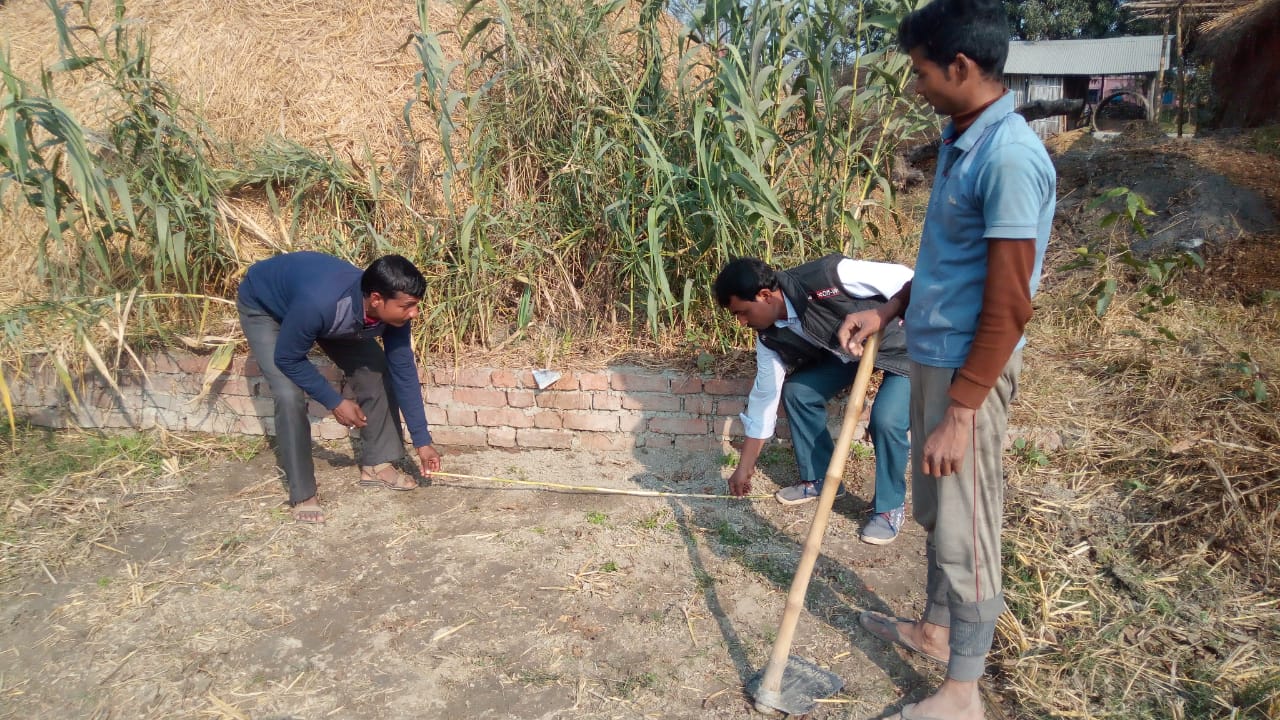
LAUDATO SI has provided an opportunity to convert small spaces (Backyard, Plots and garden, farmhouse etc.) and grow organic and nutritious vegetables in the backyard. Started with a dream of making Garden of Eden, two demo plots were developed at Tauaha and Dholkarha Panchayat of Ramnagar block, West Champaran, Bihar.
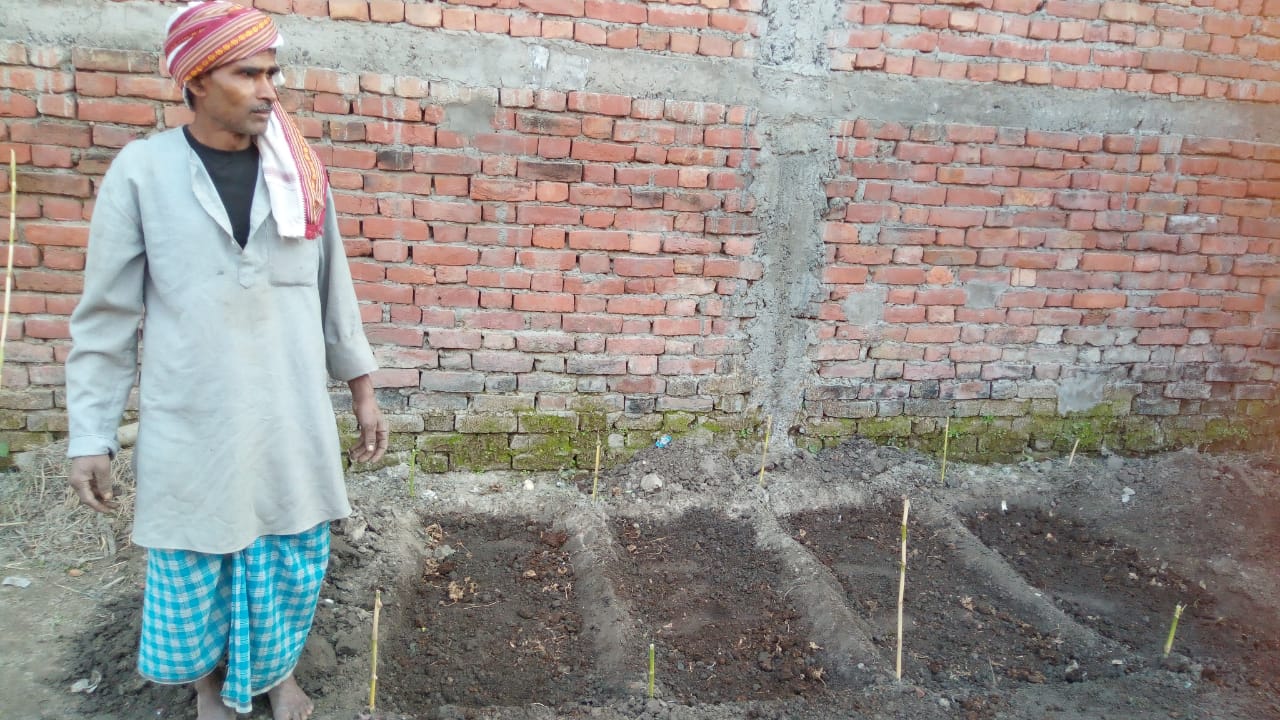
These demo plots were initiated to grow fresh organic vegetables at their small piece of land. Vinod and Sant Bhitha carved a rectangle plot with a length of 8 feet by 4 feet width and removed the upper soil by 4 inches. This plot was further divided into four equal portions of 2 by 2 feet and filled with dried leaves.
A mixture of 50 kg cow dung, 5kg neem leaves, 1 litter fermented fruit juice, Indigenous microorganism (IMO-1) was spread over the whole plot and used for vegetable sowing.
This initiative will be promoted among other farmers and women self-help group to collectively produce and sell organic vegetables in order to strength and commit towards living in solidarity with the earth and all its creatures.
Upcoming News
Sangam women producers group turns local trade into economic resilience
Kusumkasa village in Rajnandgaon district is quietly reshaping how rural women earn, trade, and lead....
LEARN MOREKhushaal Bachpan review reinforces community-led action to advance child well-being
The half-yearly review of Caritas India’s Khushaal Bachpan Programme has marked a decisive moment in...
LEARN MOREStrengthening Grassroots Democracy through Women-Led Good Governance
Democracy at the grassroots grows stronger when citizens, especially women, actively participate in local governance....
LEARN MORE
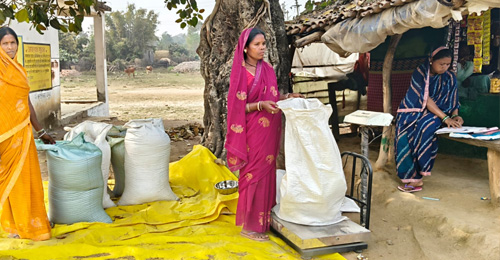
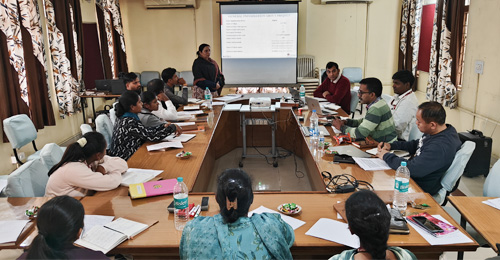
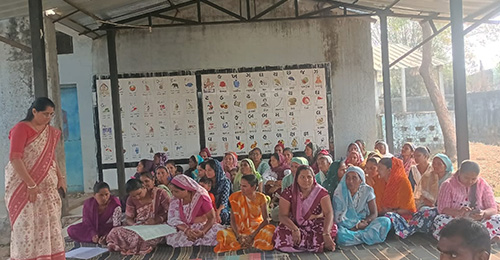
 91 -11 - 2336 3390
91 -11 - 2336 3390  director@caritasindia.org
director@caritasindia.org 